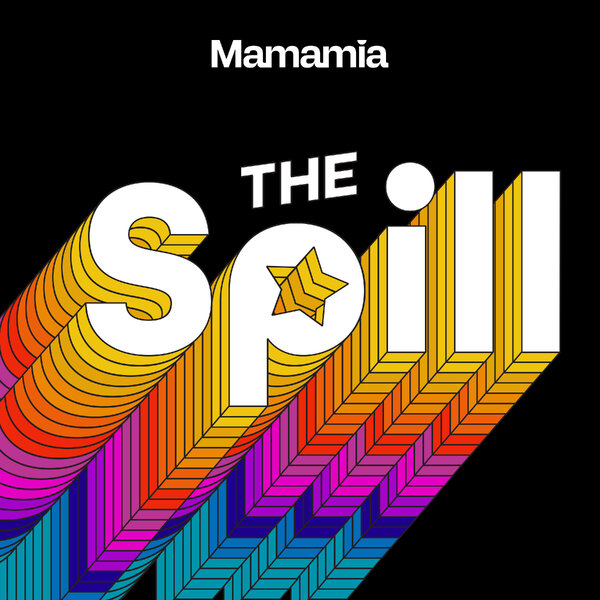Looking back on your childhood as an adult can be an emotional minefield.
You realise there probably wasn’t a monster hiding under your bed, your mum was right not to let you go to that party and you discover that one of your favourite TV shows was actually a hotbed of sexism, body shaming, and abusive humour.
As a kid, I loved The Nanny. It aired during that time in the 9os when family friendly TV shows were truly at their peak. The airing of these iconic, prime-time shows were a special weekly event, they were nights when the whole family would gather around the same TV, snuggled up on mattresses or under blankets, and watch the familiar characters and story-lines unfold on screen.
The Nanny was one of these shows and, for those of who who may have missed out on this beloved 90s gem, it went a little something like this.
The series focused on Fran Fine (Fran Drescher), who, after being dumped and fired by her boyfriend, turns up on the doorstep of British Broadway producer and widow Maxwell Sheffield (Charles Shaughnessy) attempting to sell cosmetics. She is then accidentally hired as the nanny for Maxwell’s three children, Maggie, Brighton and Grace. It was a family sitcom meets fish-out-of-water-tale that ran for six seasons, from 1993 to 1999, and ended with Fran and Maxwell married and the proud parents of twins.
Recently, the full series dropped onto the streaming service Stan, and during a lazy Sunday I decided to embark on the ultimate nostalgia binge and re-watch the entire thing from start to finish.


Top Comments
Way too much political correctness. Get over it. (BTW, are you the one who convinced radio stations to stop playing 'Baby It's Cold Outside'?)
I agree! I was reading this & was like, dude, it's a comedy. If it was a show where everyone was PC and never poked fun at anyone for anything ever, it *would not be a comedy*. It'd be some drab, boring... something.
CC's main flaws weren't being "old", single, and with a hopeless thing for the boss; it was that she was a pretentious, calloused snob, haha. Who, by the way, thoroughly enjoyed dishing it out to others too. I mean, how do you *miss* that?
This is why comedies are suffering so much today -_-
yep. also the author "conveniently" misses a lot of facts that don't fit this narrative - basically the whole Fine family are like leeches in the Sheffield household :D
Fran buys expensive clothes (guess for whose money), barely works especially when the kids are grown and when they get married she kinda stops working altogether.
there are also soo many funny moments where Fran totally manipulates Maxwell into doing what she wants too.
why doesn't the article mention all of this is maybe not so fair to Maxwell and he mostly keeps being a perfect gentleman..?
I can understand if the author was frustrated growing up not having enough "strong female models" but to pick on The Nanny in such a one-sided pro-women way is sooo ridiculous - and honestly unfair.
I bet Fran Drescher would totally roll her eyes :P